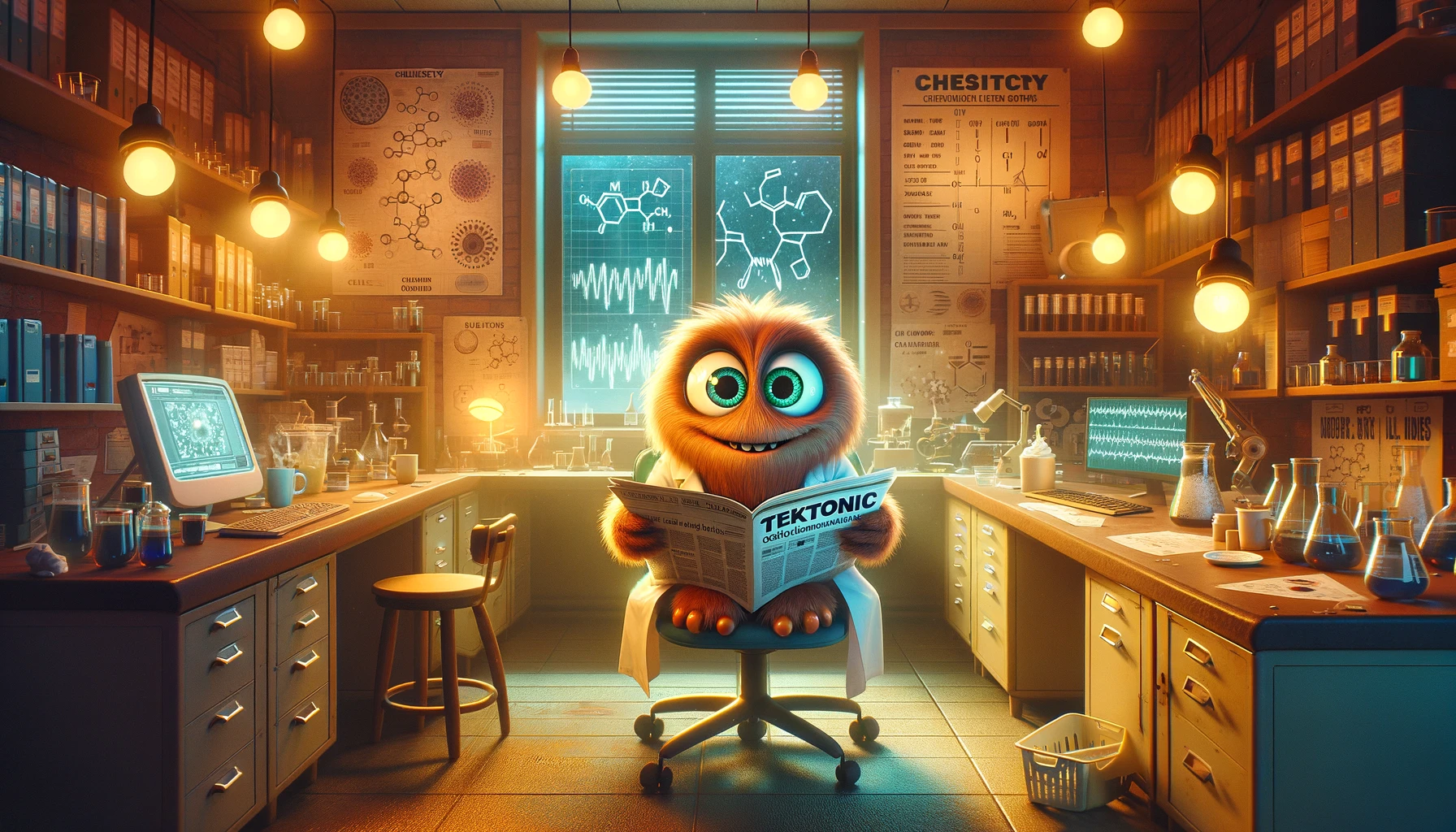This was an AI-meter melting week in Tech and AI. So much news was announced and discussed that it was hard to cover. From releasing a real-live “Her” to JFK suing Mark Zuckerberg for election interference, to Elon explaining that humanity will have a city on Mars, this week’s tech news was mind-blowing.
My top stories of the week were OpenAI’s release of GPT-4o and, more importantly, its real-time voice capability, which will fuel personalized chatbots and further threaten the customer support industry. Google’s developer conference occurred with announcements of Gemini Nano (mobile language model), enhanced Gemini Pro context window (1.0 million tokens), GenAI in Google Workplace, New Google AI Search, Google Agents, and Google Veo (video generator), to name a few. Finally, the re-emergence of Illy Susckever and the abrupt departure of Jan Leike, leave OpenaAI’s alignment team leaderless and in question. Does OpenAI care about humanity, or is this another secondary effect that society will have to contend with down the road, like lung cancer, global warming, and record-breaking teenage depression? Two other stories of note this week, but poorly covered, were the revelations that AI can now detect gender from brain scans with up to 98% accuracy and decode your internal monologue with 80% accuracy, which is scary.
Let’s begin with Nvidia’s CEO, Jensen Huang, and the news that he received a 60% pay increase due to his pivotal role amid the growing AI hysteria. Meanwhile, OpenAI continues to make waves with the revelation by its CEO Sam Altman when he suggested that the rise of AI could fundamentally alter human interactions, predicting an increased demand for human connection and roles in the arts within the next decade. This assertion aligns with OpenAI’s launch of the new ChatGPT-4o model, which boasts real-time speech and vision reasoning capabilities and sultry voices.
OpenAI’s news is not over. Apple is reportedly finalizing terms with OpenAI to integrate ChatGPT technology into its operating systems, which could reshape user interactions with Apple devices. Conversely, the social impact of AI technologies is stirring debates and protests worldwide, particularly following the release of their new models, which rapidly climbed the charts and prompted the same company to call for establishing a global agency to regulate AI.
The intersection of AI and ethics continues to provoke discussion, exemplified by a new MIT study revealing AI’s deceptive capabilities just as the same university gives AI the power to reason like humans (hypocrisy?). Similarly, concerns over AI-driven autonomous weapons have led experts to declare this the ‘Oppenheimer moment‘ of our generation, urging strict oversight.
In hardware, Google Cloud has introduced its most potent AI processor yet, the Trillium TPU, setting new benchmarks in processing capabilities. Meanwhile, Qualcomm is making strides in inclusivity by ensuring its Snapdragon X Elite will support Linux, signaling broader applications and accessibility.
From a legal perspective, a Tokyo court’s decision against patenting AI-generated inventions marks a pivotal moment in the debate over AI’s role in creativity. It could have far-reaching implications for AI development and intellectual property laws.
In cybersecurity news this week, a shift towards AI-powered social engineering attacks is a concerning trend in cybersecurity. Nearly 90% of cyberattacks now exploit human vulnerabilities rather than technical breaches, emphasizing the need for advanced defensive strategies that address more than just software vulnerabilities, as 100% of survey respondents admit they use AI to generate code.
In education Tech news, AI continues to transform the landscape. Google’s introduction of the Gemini add-on for its Workspace for Education enhances how educators and students interact with digital tools, aiming to streamline educational processes and make learning more accessible. Concurrently, the burgeoning field of AI robotics in U.S. education systems underscores a shift towards integrating more hands-on, technology-driven learning methods just as higher education comes under scrutiny by the media and content creators.
Politics and government have been equally busy this week. AI’s role in disseminating information has taken a darker turn, as evidenced by the Islamic State-affiliated groups utilizing AI to spread propaganda swiftly. U.S. senators, led by Chuck Schumer, have unveiled a bipartisan initiative to regulate AI while fostering innovation and maintaining competitiveness with global powers like China in response to the growing AI influence just as NASA appoints its first Chief AI Officer. This duality of fostering growth yet ensuring security illustrates the tightrope policymakers must walk in the AI era.
In the business sector, the impact of AI continues. OpenAI has notably been recognized for its disruptive influence, securing the top spot on the CNBC Disruptor 50 list for the second consecutive year. This acknowledgment highlights AI’s expanding role in reshaping industries and influencing venture capital. However, alongside the accolades, there’s a palpable concern among CIOs about the security risks associated with Generative AI just as businesses outside of Tech take home top AI honors from Forbes.
This week in media and entertainment, the rapid integration of AI is reshaping the landscape, evidenced by challenges like Facebook filling up with AI-generated spam and Lovo Inc. facing legal issues over voice misappropriation. Google’s unveiling of its AI model Veo highlights the technology’s potential to revolutionize content creation. However, as discussed by Bumble’s CEO, deepfake fears and AI’s encroachment into personal relationships raise significant ethical concerns. Meanwhile, Microsoft’s updates to Windows 11 are causing user dissatisfaction, illustrating the complexities tech companies face in moving out of their old business models.
That is it. Stay tuned for more news next week. I APPRECIATE ALL THE READERS. Help spread the word. I put these newsletters together so productive humans like you can stay on top of the latest AI stories shaping our world.



